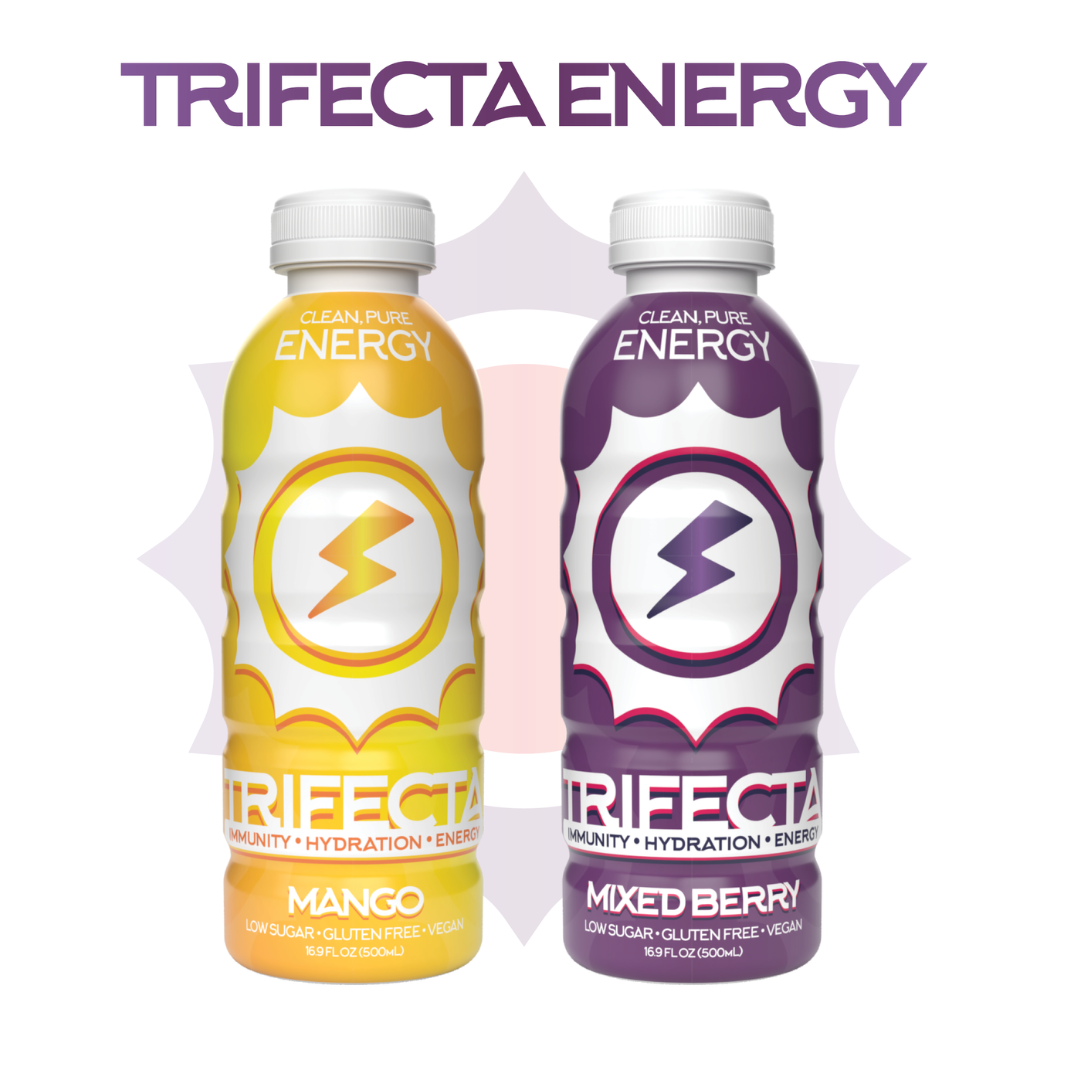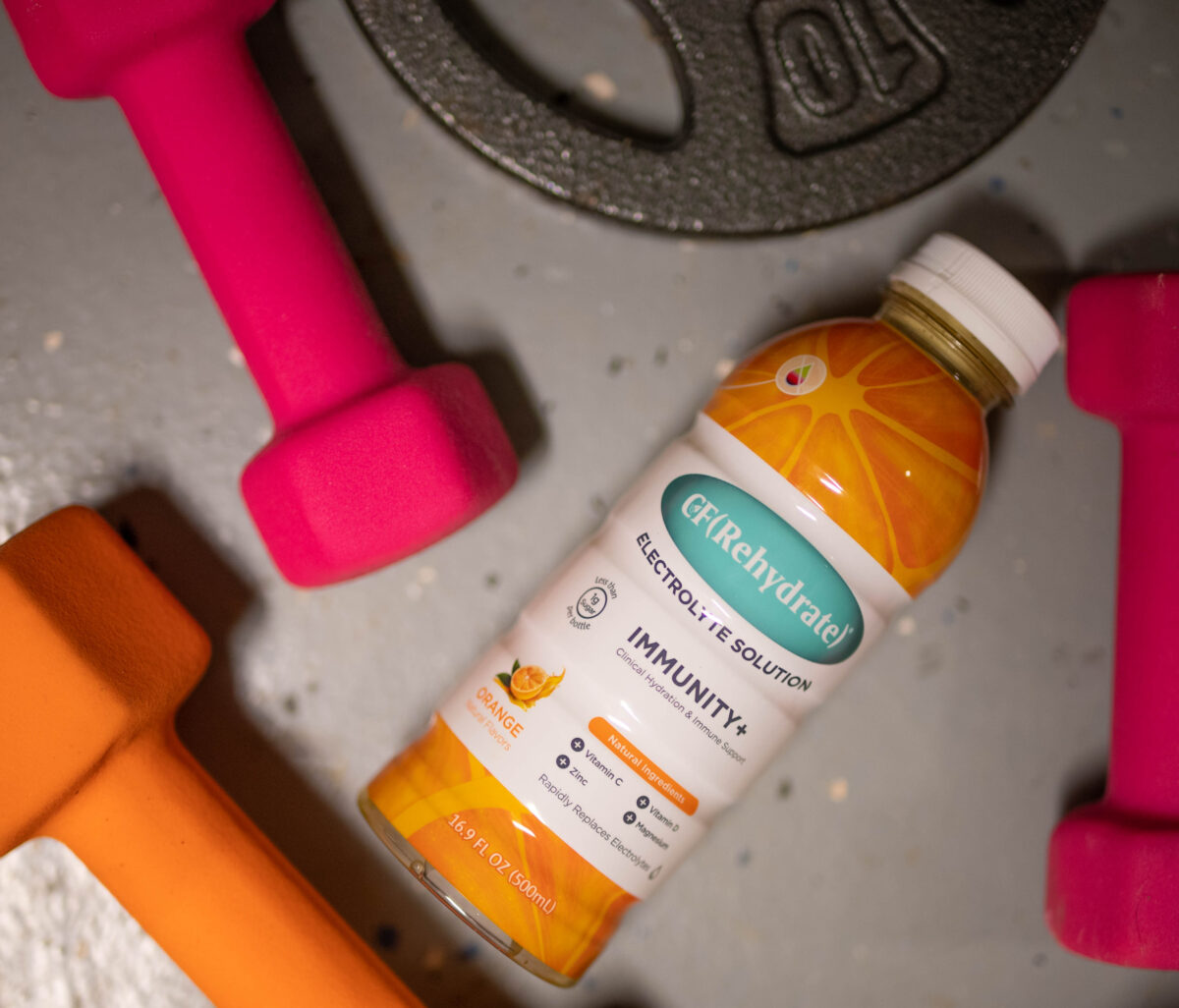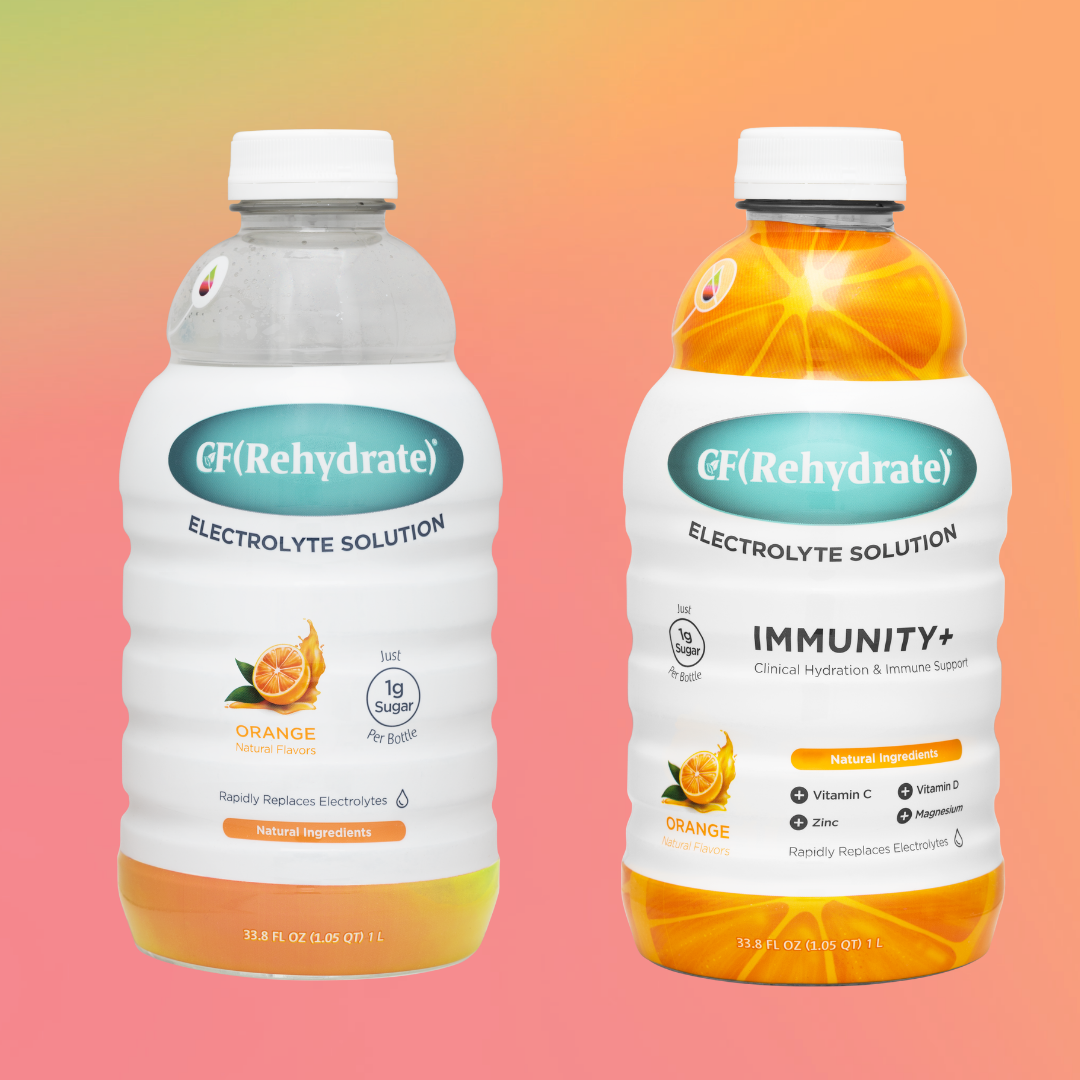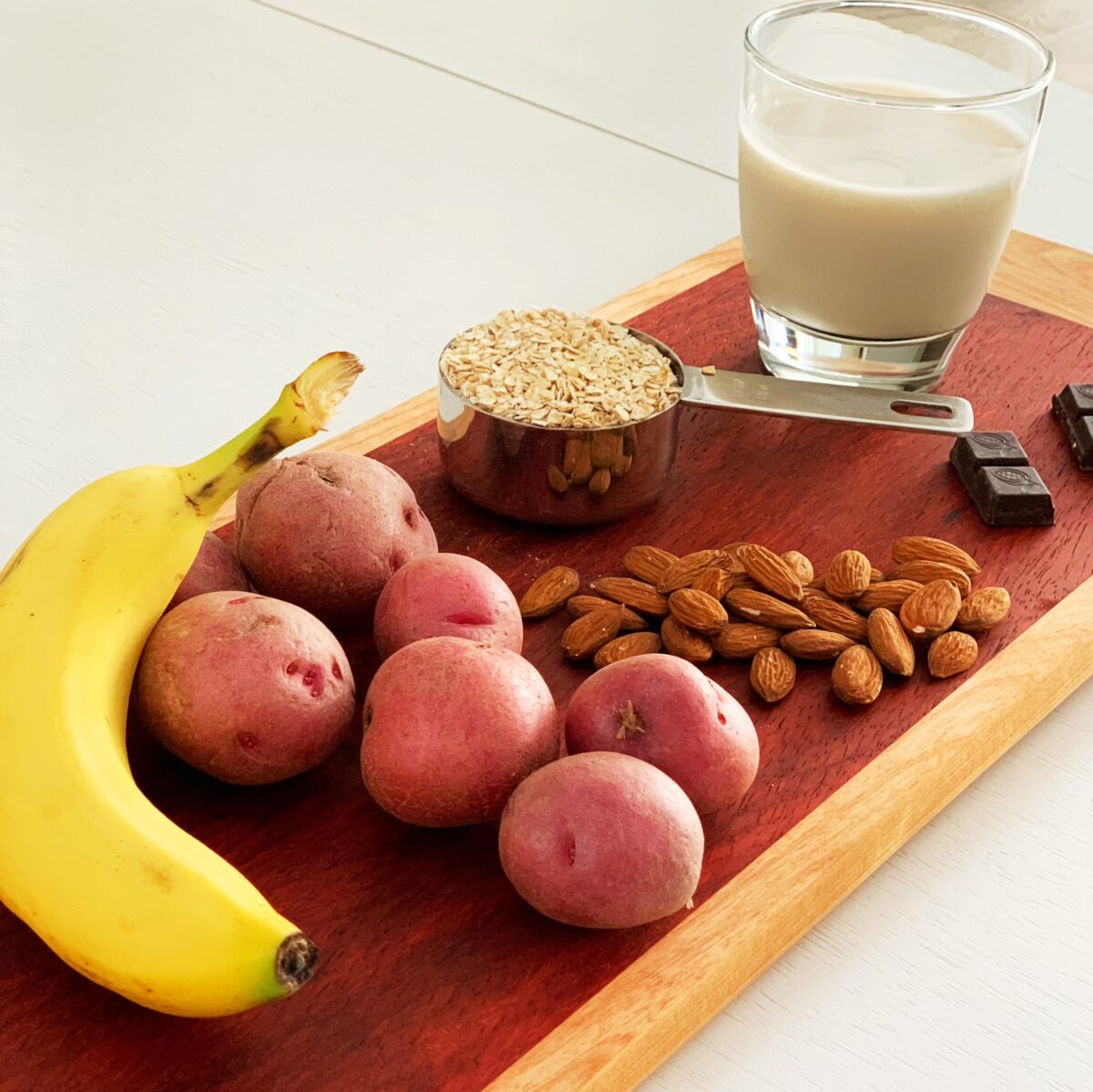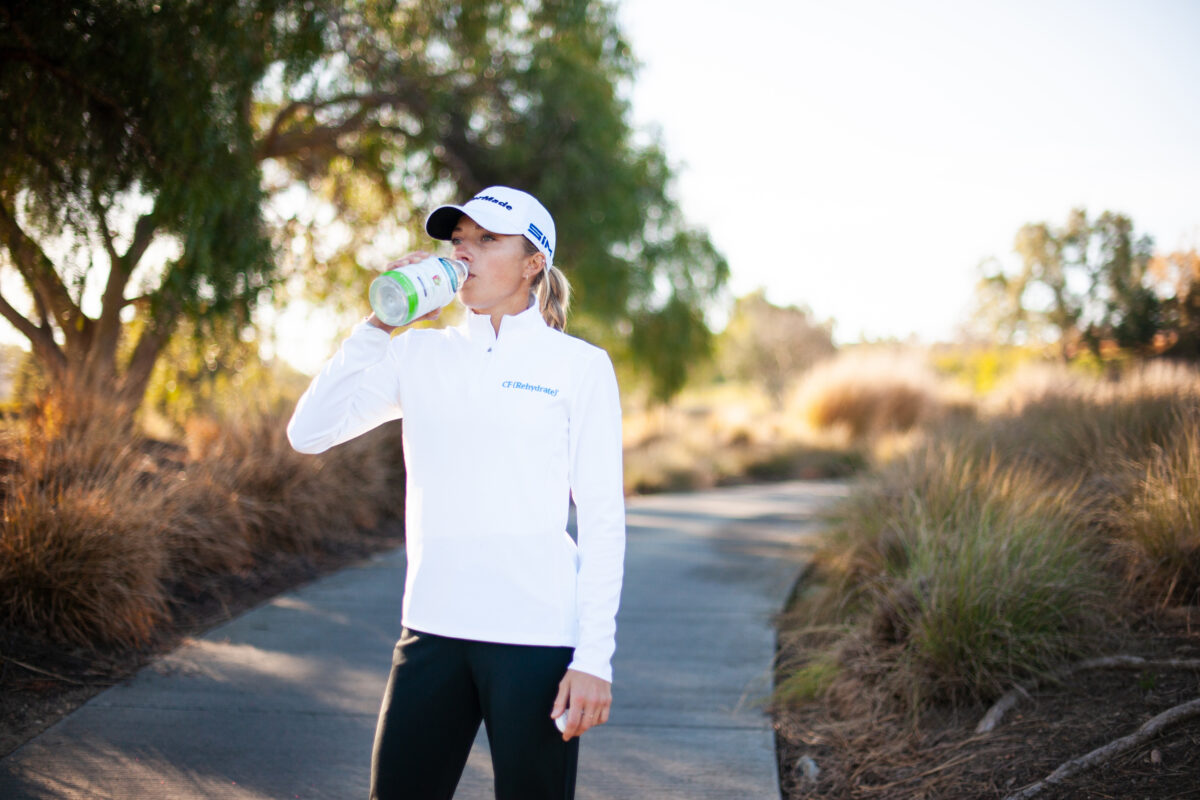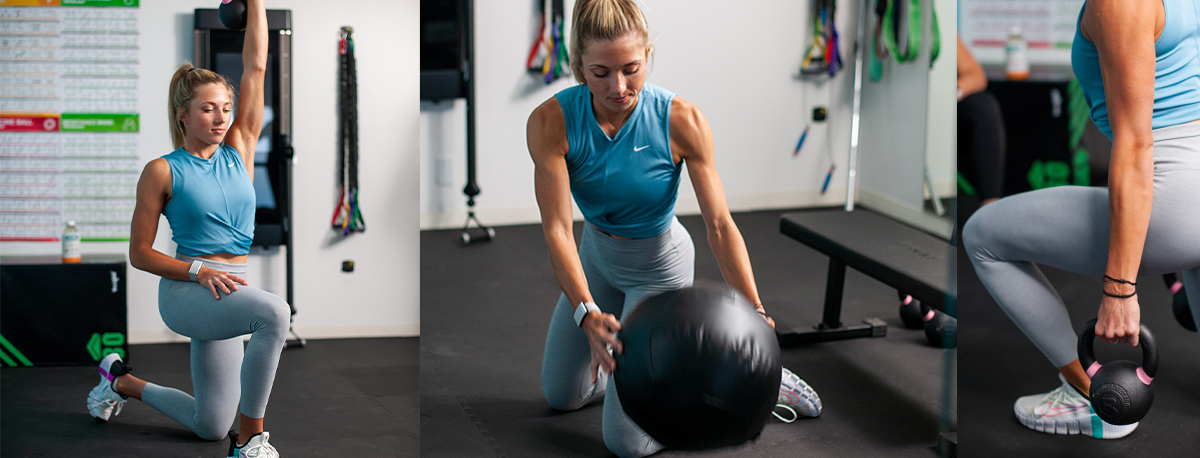CF Nutrition is excited to announce the launch of our all new beverage TRIFECTA Energy! TRIFECTA Energy presents a novel approach to energy beverages, diverging from the conventional options available in the market. This avant-garde drink stands out for its absence of added sugars and synthetic colorants, making it a preferable choice for individuals in pursuit of an energy lift without compromising on health. Formulated with organic components, TRIFECTA Energy not only recharges your system but also aids in hydration and fortifies your immune defenses. Immerse yourself in the harmonious amalgamation of flavor and well-being that TRIFECTA Energy offers.
What are the main components of TRIFECTA Energy?
- Hydration tailored for adults
- Essential Vitamins and Minerals to fortify the Immune System
- Consistent and PURE energy devoid of the typical jitters or energy crashes
When to Use?
- Post-Workout Recovery
- Pre-Workout Boost
- During Illness
- Alleviating Hangover Symptoms
- When in need of an energy surge
What’s In TRIFECTA Energy?
- Allulose:
- Allulose, a natural sugar derived from figs and grains, emerges as a transformative element in TRIFECTA Energy. Not only is Allulose low in calories, but it also boasts various health advantages. Studies have revealed its anti-diabetic, anti-inflammatory, and anti-obesity properties. Allulose aids in regulating blood sugar levels, thereby assisting in reducing inflammation and curbing hunger pangs effectively.
- Electrolytes:
- Sodium and potassium are pivotal components of TRIFECTA, a hydrating elixir meticulously crafted to replenish essential fluids and crucial electrolytes lost during physical exertion or sickness. With elevated levels of sodium, it facilitates the swift restoration of these vital nutrients for prompt recovery. Whether you are an athlete or recuperating from an ailment, TRIFECTA Energy emerges as the optimal choice to sustain hydration levels and expedite recovery processes. TRIFECTA Energy serves as a potent solution to combat potassium depletion in the body, a common occurrence during strenuous physical activities. Potassium, in conjunction with sodium and chloride, plays a pivotal role in preserving bodily fluids. TRIFECTA Energy aids in maintaining normal potassium levels, thereby bolstering overall health.
- Vitamin B12
- Vitamin B12 assumes a critical role in red blood cell production, essential for oxygen delivery throughout the body. This oxygen is subsequently converted into energy, supporting optimal bodily functions and holistic well-being. Additionally, vitamin B12 contributes significantly to DNA synthesis, a fundamental process for cell formation. By augmenting your vitamin B12 intake through TRIFECTA Energy, you can replenish energy reserves and bolster your overall health.
- Magnesium
- Magnesium content in TRIFECTA Energy facilitates healthy muscle function and glucose metabolism. Magnesium is indispensable for utilizing energy-rich compounds, making it imperative for post-exercise recuperation. Prolonged physical activity can deplete magnesium levels, potentially compromising physical performance and temporarily weakening the immune system. TRIFECTA Energy aids in replenishing magnesium reserves, thereby supporting immune functions and serving as an ideal remedy for individuals recuperating from intense physical exertion or illness.
- Caffeine and L-Theanine
- Caffeine and L-Theanine jointly feature in TRIFECTA Energy, with 80 mg of caffeine complemented by L-Theanine, a natural component found in tea leaves and mushrooms. This unique combination offers a natural energy surge devoid of subsequent crashes. Extensive research validates the health benefits of L-Theanine, showcasing its efficacy in enhancing human well-being. By incorporating L-Theanine, TRIFECTA Energy mitigates the typical jitters and crashes associated with caffeine consumption. Studies suggest that L-Theanine aids in alleviating physical and mental stress symptoms, leading to reduced anxiety levels and improved sleep quality. TRIFECTA Energy is meticulously designed to elevate recovery processes and overall wellness by elevating GABA (gamma-aminobutyric acid), serotonin, and dopamine levels, fostering relaxation, positive moods, and stress reduction. Furthermore, it enhances focus and creativity by inducing alpha waves and can even lower blood pressure during stressful periods.
- Zinc and Vitamin E
- Zinc and Vitamin E play pivotal roles in bolstering a robust immune response. These nutrients function as antioxidants, shielding cells from damage and supporting the growth and activity of immune cells. Moreover, they contribute to antibody production, crucial for combating infections effectively. By incorporating TRIFECTA Energy into your daily regimen, you can ensure that your body receives the essential nutrients required to uphold a resilient and efficient immune system.
TRIFECTA Energy is coming out SOON! Follow us on social media to be the first to order and hear all important updates!

